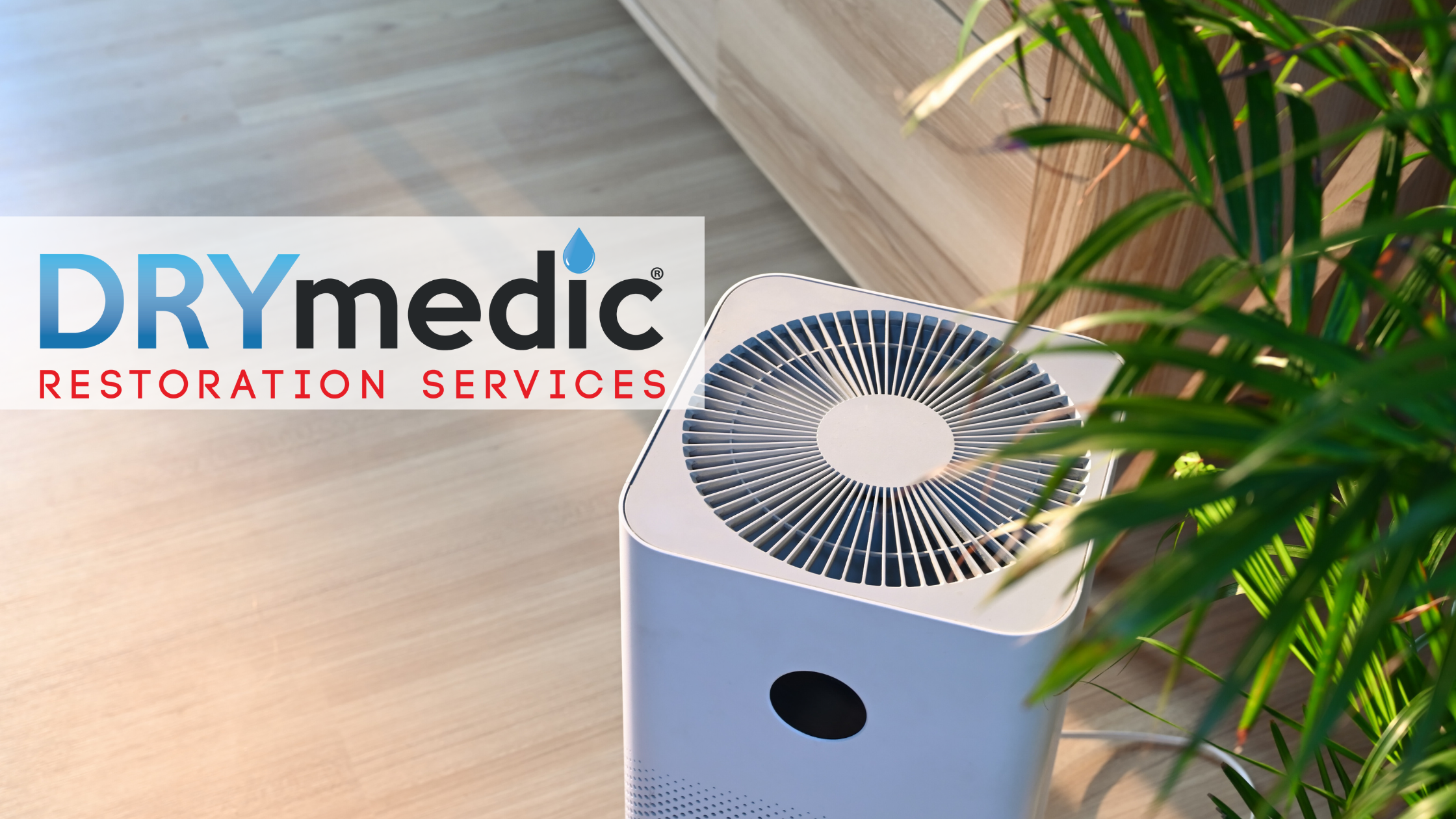How to Avoid Indoor Air Quality Issues During Fall and Winter
October 18, 2024

As the seasons change and the cooler months approach, maintaining good indoor air quality (IAQ) becomes increasingly important for homeowners and property managers alike. Poor air quality can lead to health issues, exacerbate allergies, and decrease overall comfort levels. Here are some key strategies to help you avoid indoor air quality issues during fall and winter.
1. Regularly Change HVAC Filters
One of the simplest and most effective ways to improve indoor air quality is by regularly changing the filters in your heating, ventilation, and air conditioning (HVAC) system. During fall and winter, when windows are often closed, dust, pollen, and other pollutants can accumulate indoors. A clean filter will trap these particles, ensuring that the air circulating in your home is fresh and clean. Aim to replace or clean the filters every 1-3 months, depending on usage and the type of filter.
2. Ensure Proper Ventilation
With windows closed during colder months, it’s crucial to maintain proper ventilation. Stale air can lead to increased levels of indoor pollutants. Use exhaust fans in kitchens and bathrooms to expel moisture and odors, and consider using air purifiers in living spaces to enhance air quality. If possible, occasionally open windows on milder days to allow fresh air to circulate.
3. Control Humidity Levels
Maintaining optimal humidity levels (between 30% and 50%) is vital for good indoor air quality. High humidity can promote mold growth and dust mites, while low humidity can lead to dry skin and respiratory issues. Use dehumidifiers in damp areas, like basements, and humidifiers in dry rooms to maintain balanced moisture levels. Regularly check for signs of moisture issues, such as condensation on windows or walls.
4. Perform Regular Cleaning
Dust and allergens can accumulate quickly, especially when heating systems are in use. Regularly clean surfaces, vacuum carpets, and wash bedding to reduce allergens in the home. Consider using a vacuum with a HEPA filter to trap small particles effectively. Additionally, minimize clutter, as it can collect dust and reduce airflow.
5. Monitor Indoor Air Pollutants
Be aware of common indoor air pollutants, such as volatile organic compounds (VOCs) emitted from paints, cleaning products, and furnishings. Choose low-VOC products whenever possible and ensure good ventilation when using items that can release harmful chemicals. Installing carbon monoxide detectors and radon test kits can also help safeguard against dangerous gases that can affect indoor air quality.
Conclusion
As fall and winter approach, taking proactive steps to maintain good indoor air quality is essential for the health and comfort of your household. By regularly changing HVAC filters, ensuring proper ventilation, controlling humidity levels, performing regular cleaning, and monitoring indoor air pollutants, you can create a healthier living environment. If you encounter issues related to mold or water damage, remember that DRYmedic Restoration is available 24/7 for emergency services at (503) 451-5471 and can help restore your property to its best condition.